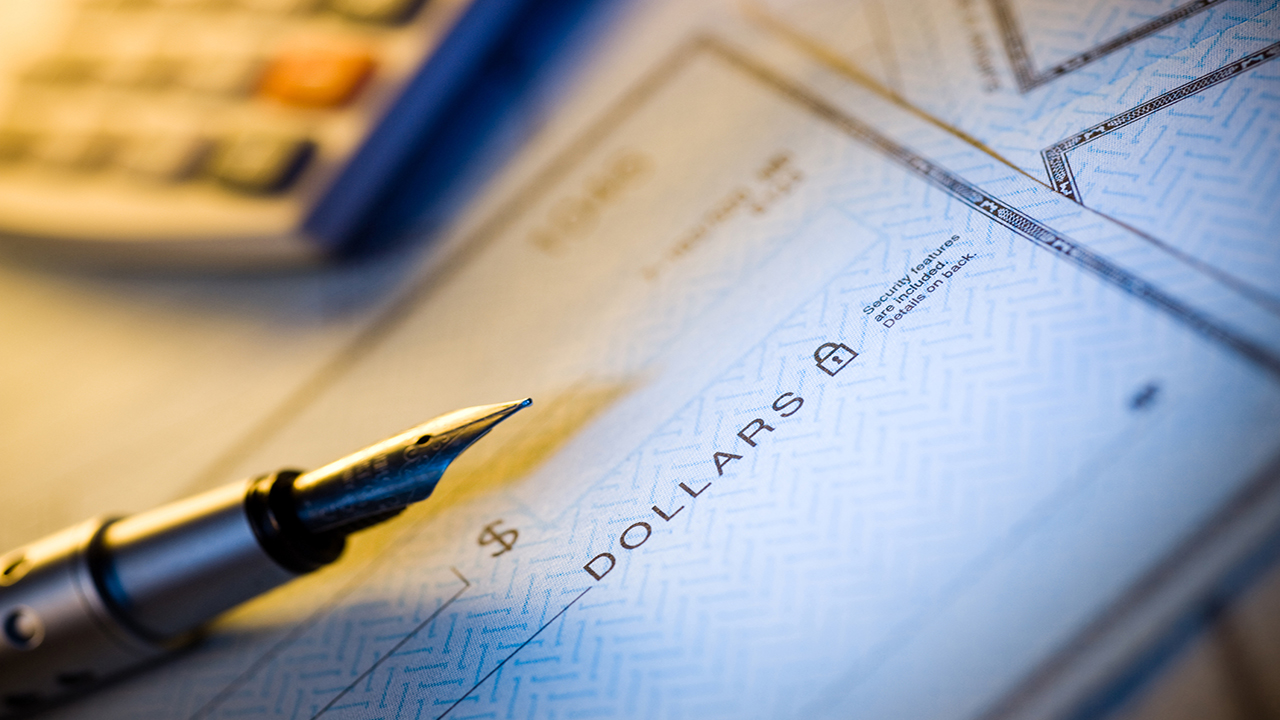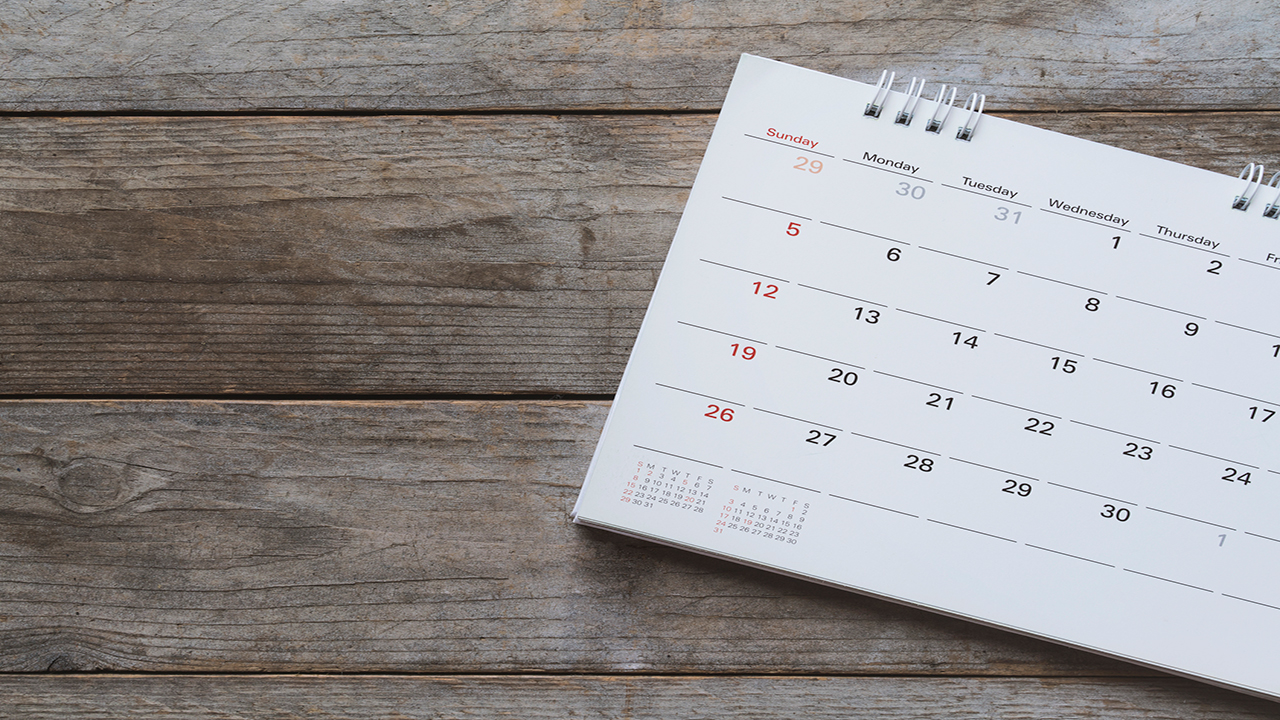Common Reasons Why Homeowners Insurance Claims Are Rejected

You pay good money to have your home covered with a homeowners’ insurance policy, so when damage is done to it, you expect your claim to go through and a check to mailed to you soon after. Unfortunately, there are many circumstances under which claims may be denied.
In order to avoid this unpleasant surprise if you ever need to file a claim sometime in the future, consider some of the following common reasons why homeowners’ insurance claims get turned down.
Your Premium Payments Were Missed

If you expect to be covered after a loss, you better make sure that you’ve been up-to-date with your premium payments. If you have not been keeping up with your premium payments, you can be sure that your insurance provider will not keep up their end of the bargain in response.
That said, there is something called a “grace period” after a late premium payment. During this time, your policy will still remain in effect, even if you’ve missed the deadline by a certain amount of time. If, for instance, you’re given a 10-day grace period, your policy will no longer be in effect and any claim you submit will be rejected after this time frame has come and gone.
Incorrect Policy Number Provided
All aspects of a claim must be entirely accurate in order for coverage to take effect. If your claim is processed with an incorrect policy number, that could put a snag in the claim approval process. In this case, it’s important to consult with your insurance agent in order to rectify the situation. Make sure that all information on the claim is accurate – including the policy number – or you could find yourself with a denied claim.
Filing Outside the Required Time Frame

You wouldn’t be able to successfully file a claim if the incident in question occurred far too long ago. Most insurance companies require that claims are filed shortly after the damage was caused to your home, or else you could fall outside of that window of opportunity.
Lack of Sufficient Proof of Damage
No insurance company is going to hand out a large sum of money to anyone who simply claims to have suffered damage to their property. Sufficient proof will be required in order for your insurer to assess the damage and verify whether or not it qualifies for coverage. Most of the time, detailed photos of the damage will be required, as will a visit from an adjuster to check out the damage in person. If you don’t have enough evidence to document the damage, your claim may not be approved.
The Cause of Your Property Damage is Excluded From Your Policy

Not all damage to your home will necessarily be included for coverage under your policy. Any inclusions or exclusions will depend on the exact type of policy that you’ve got as well as any additional riders that you may have added for more coverage. For instance, any damage done to your crawlspace as a result of flooding will likely not be covered unless you specifically take out flood insurance. The majority of typical insurance policies usually don’t cover damage done as a result of a flood.
In addition, any normal wear and tear and breakdown of materials over time will also not be covered.
Previous Claims With Another Insurer
If you’ve recently switched insurance companies and have a history of past claims with your previous insurer, that could put your current claim with your present insurance provider in jeopardy. If you fail to let your new insurance company know about any previous claims, they can reject your claim based on the fact that you neglected to disclose such important information. As a general rule of thumb, always keep your insurance company up to speed about your claims history, since it can influence how future claims will be handled.
Your Property Was Unoccupied at the Time of Damage

Depending on your specific policy, your claim can be denied if the damage occurred while your home was unoccupied for a certain length of time (usually anything over 30 to 60 days). That’s because the risk of damage to unoccupied properties is much higher since there is nobody home to intervene.
Damage Was Caused By Your Negligence
Damage done to your home as a result of a natural disaster or vandalism is one thing, but damage done because of your negligence or lack of maintenance is quite another. It should come as no surprise that a claim will most certainly be denied if any damage your home is the direct result of your inability or unwillingness to properly care for your property.
You Fibbed on Your Claim

It’s crucial to always be truthful about all information provided on your claim form. If it comes to light that you willingly and knowingly provided incorrect information, your claim may be denied. You can be sure that your insurer will verify all the information that you provided and that you are not embellishing the information in an effort to collect more than what you rightfully deserve.
The Bottom Line
It would be terribly bothersome to file a claim with your homeowners’ insurance company, only to find out that you’ve been rejected. The truth is, there are plenty of reasons why your insurer may deny your claim. Make sure to get familiar with your policy and the circumstances that could make your claim stand on shaky ground, and be sure to cover all of your angles appropriately to increase the chances of a successful claim.

